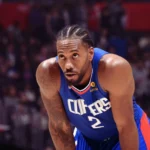
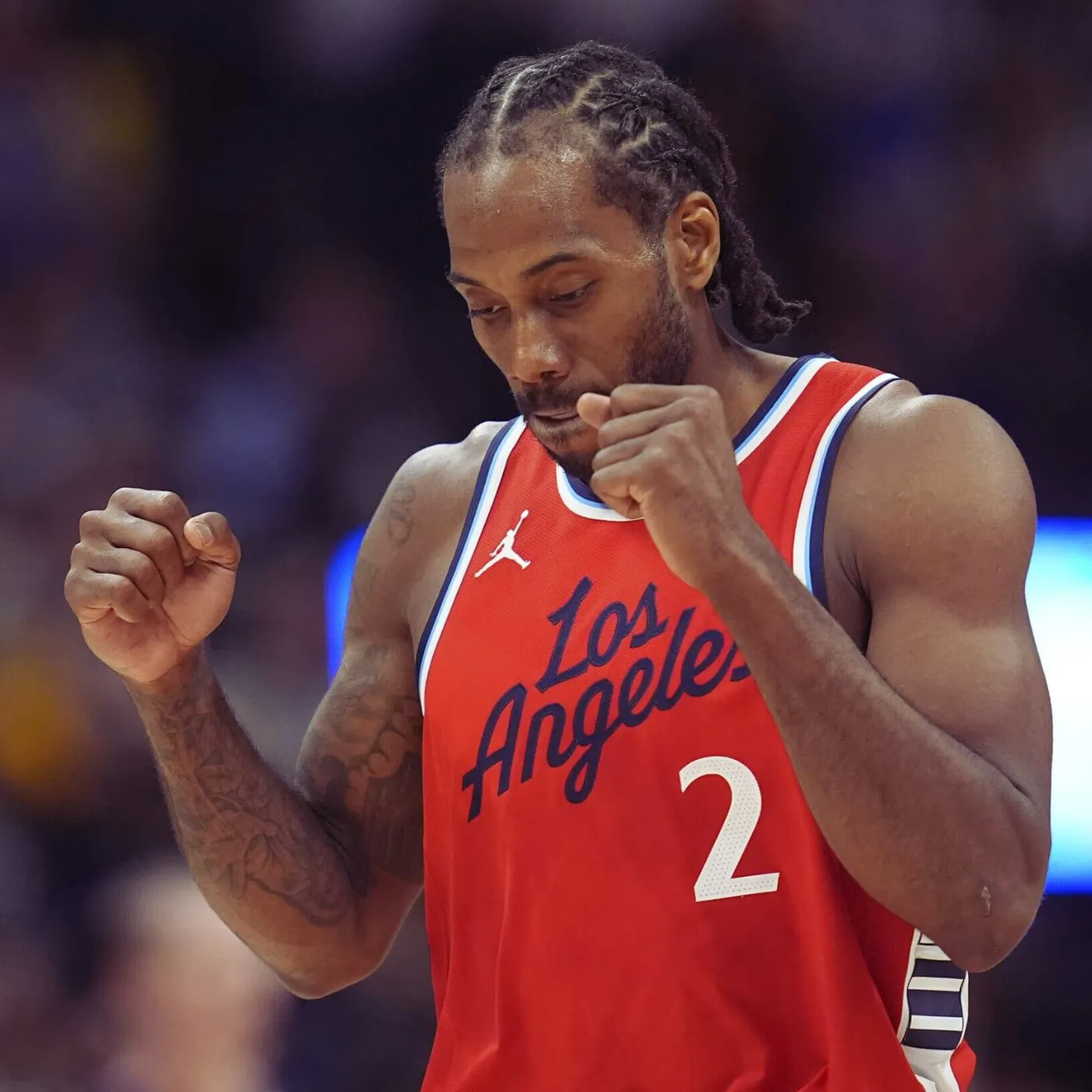
This Bold Kawhi Leonard Comparison Is Breaking NBA Circles
Kawhi Leonard is many things to many people. To casual NBA watchers, he’s the silent superstar who refuses to play the media game. To hardcore hoop heads, he’s the defensive savant who quietly dismantles entire offenses. And to rising players hoping to carve their own lane in the league, he’s something even bigger: the blueprint.
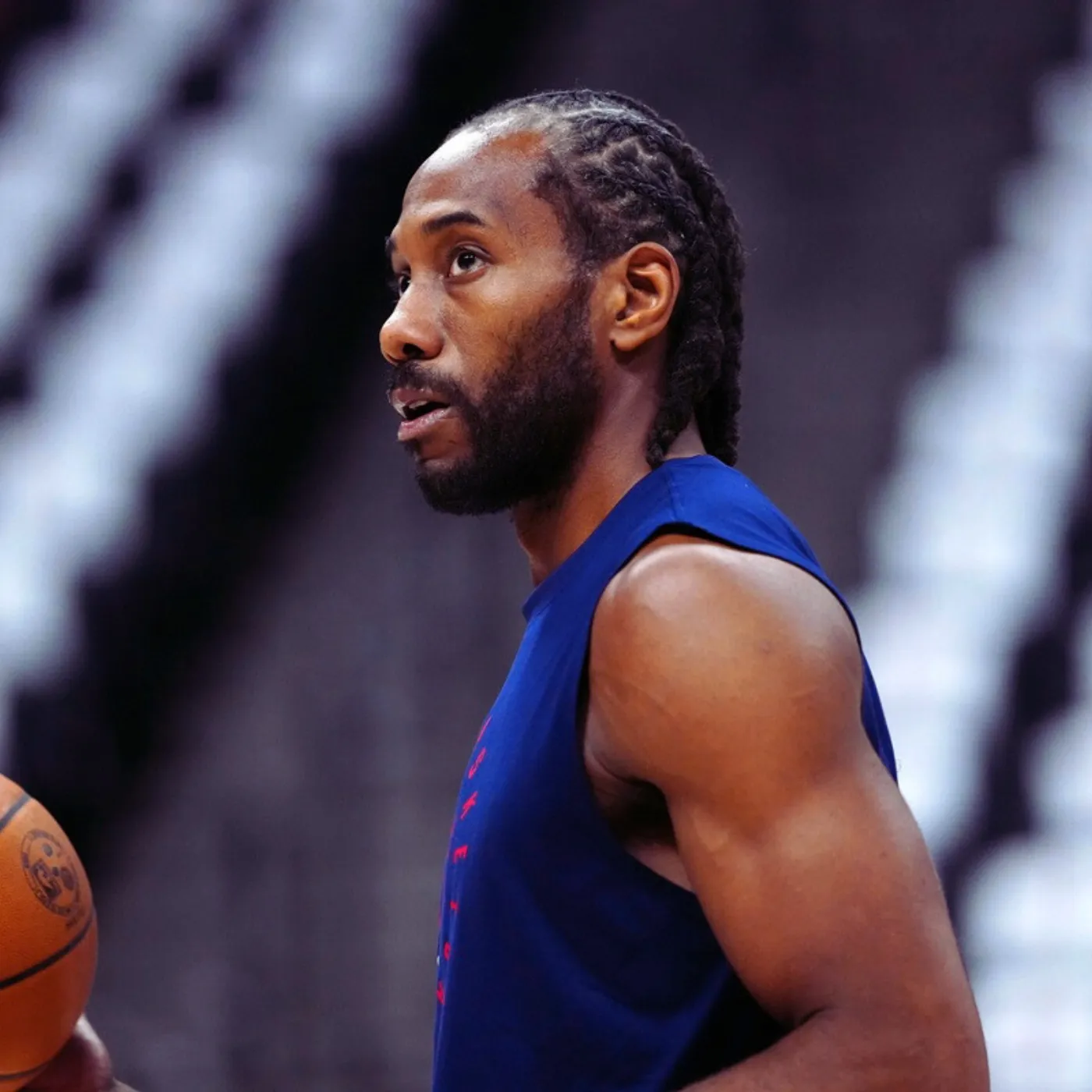
This week, Carter Bryant, a promising talent, poured gasoline on that fire with a single answer. When asked which former Spur his game resembled most, he didn’t hesitate: Kawhi Leonard.
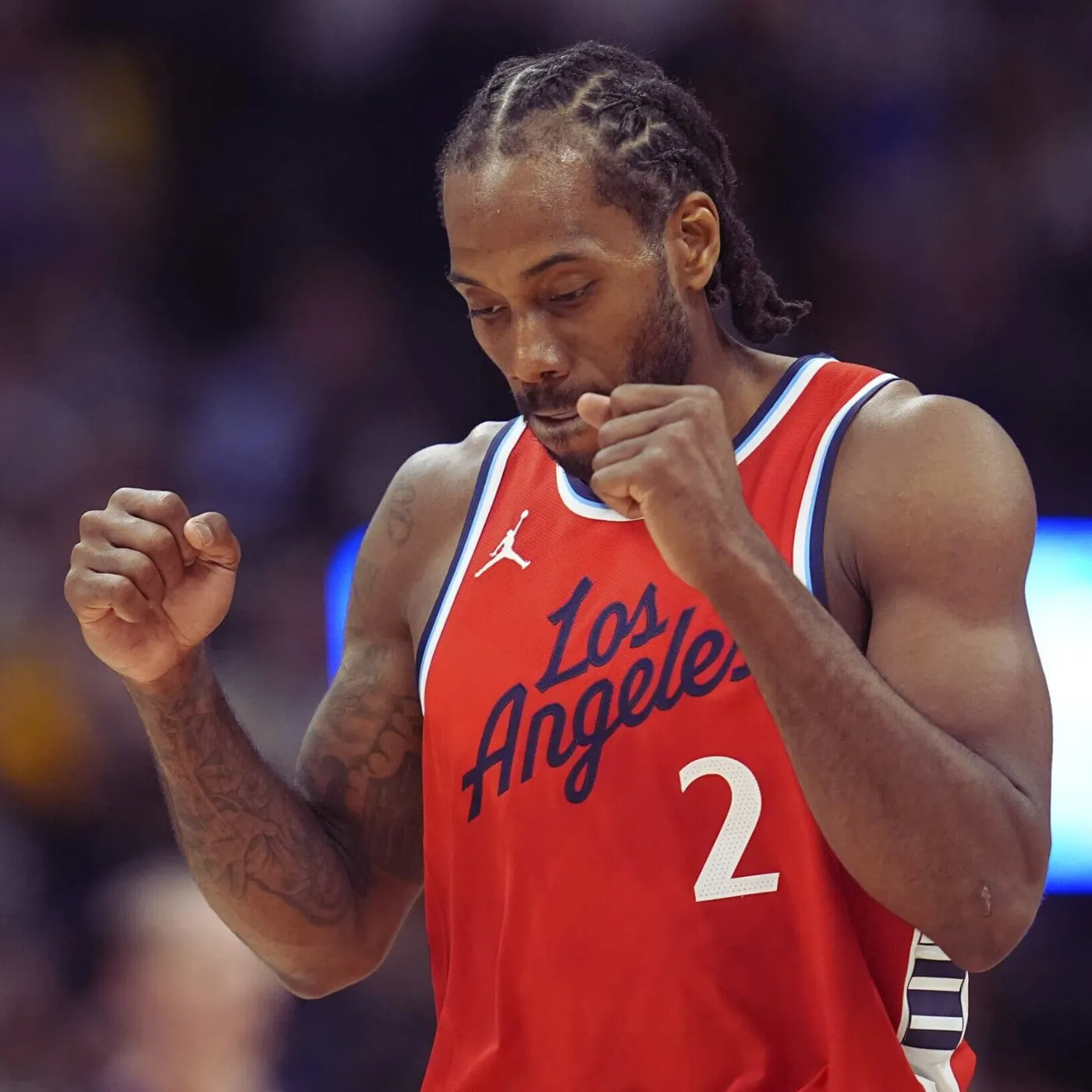
“I think immediately the first guy I think of is Kawhi, just his defensive versatility, being able to guard multiple positions early on in his career… he was really making a statement that he was one of the best players in the world as well.”
It wasn’t just an answer. It was a moment. A declaration that even now, over a decade since his rise, Kawhi Leonard remains the gold standard for what a young player wants to be.
But why? Why is Kawhi Leonard—quiet, withdrawn, borderline emotionless—still the one who inspires such comparisons in a generation raised on highlights, Instagram Live, and player brands?
Let’s dig in.
The Unlikely Icon of Modern Basketball
In the current NBA ecosystem, branding is everything. Players drop signature shoes before they drop double-doubles. They go viral with cryptic tweets. They build followings that would make celebrities jealous.
Kawhi Leonard never bought into that.
There’s no personal docuseries. No tearful Player’s Tribune letter. No social media meltdown.
He doesn’t tweet. He doesn’t post. He barely talks.
And that, paradoxically, has made him one of the most compelling players in modern sports.
While others chase the spotlight, Kawhi weaponizes absence. While others craft their image, he denies you an image to hold onto.
Carter Bryant’s comparison isn’t just about basketball skill—it’s about philosophy.
The Silent Assassin Archetype
When Carter Bryant invoked Kawhi Leonard, he wasn’t just naming a two-time Finals MVP. He was identifying with a myth.
Because that’s what Kawhi has become.
Kawhi Leonard is the NBA’s ultimate silent assassin. He doesn’t snarl after dunks. He doesn’t point at opponents. He doesn’t beg for fouls.
He just ends you. Quietly. Clinically.
Opposing coaches have spent entire seasons trying to scheme around him. Scouts rave about his giant hands and laser-focus. Teammates will tell you he barely speaks—but when he does, everyone listens.
That vibe? That’s what Carter Bryant wants.
He doesn’t want to just play defense—he wants to be feared for it. He doesn’t want to trend for memes—he wants to trend for results.
Kawhi’s Defensive Versatility: The Real Comparison
Carter Bryant was careful in his answer. He didn’t say he was Kawhi. He didn’t say he’d reached that level. He said Kawhi was the player he watched film on.
Because in film, you see what the box score hides.
You see Kawhi Leonard guard point guards, wings, big men. You see him anticipate passes like a chess master. You see rotations so perfect they look rehearsed.
It’s not just defense. It’s defensive versatility.
In the NBA, versatility is power. It’s how you stay on the floor. It’s how you unlock rotations. It’s how you get paid.
Young players know this. Coaches preach it. Agents hype it.
But Kawhi Leonard didn’t just adapt to that truth. He embodied it.
Carter Bryant’s answer was less “I’m Kawhi” and more “I want to learn how to do what he does.”
That’s not arrogance. That’s aspiration.
The Spurs DNA That Changed the NBA
Let’s not forget where Kawhi Leonard forged this identity.
San Antonio.
Gregg Popovich’s lab.
A franchise that didn’t care about drama, cameras, or shoe deals. The Spurs wanted discipline. They wanted players to shut up and win.
And for a while, they did.
Kawhi was the perfect fit. He arrived raw but committed. Quiet but confident. He didn’t need the ball every possession. He needed to stop your best player every possession.
That mindset wasn’t invented by the Spurs, but they perfected it.
When Carter Bryant says Kawhi, he’s also saying Spurs culture. The slow burn. The buy-in. The willingness to work when no one’s watching.
In an NBA landscape filled with player empowerment, individual brands, and load management memes, that Spurs DNA feels different.
And for a certain type of player? It’s irresistible.
The Myth of the Emotionless Superstar
Of course, it’s not all roses.
Kawhi Leonard is controversial specifically because of what he doesn’t give fans.
He doesn’t do emotional interviews. He doesn’t celebrate like he just hit the lottery. He doesn’t indulge in off-court narratives.
Some people think he’s boring.
Some think he’s robotic.
But here’s the thing: mystery sells.
Every time Kawhi Leonard speaks in a monotone, it gets memed. Every time he doesn’t smile, it trends.
He’s the anti-hero of modern sports media.
Carter Bryant’s nod to Kawhi is a nod to that too.
Because it’s not just defense that Kawhi mastered. It’s control. Of his image. Of his narrative. Of his emotions.
That’s not just a skill. It’s a superpower.
The Championship Pedigree That Sets the Standard
All the personality debates would be irrelevant if Kawhi didn’t win.
But he does.
He won in San Antonio.
He pulled off the coldest rental in NBA history with Toronto—one year, one championship, one Finals MVP.
And that Raptors run cemented his legend.
No other modern star has that on their resume. No other star has walked away from a title team without fanfare, without theatrics.
He just left.
That ghostlike quality isn’t just spooky for defenders—it’s haunting for franchises.
How do you build around someone who refuses to be built around?
How do you plan for a player who refuses to play your game?
That’s why comparing to Kawhi is dangerous.
It’s not just about skill. It’s about living with that mindset.
Carter Bryant’s Statement: A New Generation Listening
So when Carter Bryant says he watches Kawhi Leonard, he’s telling us something about the future.
He’s not saying he wants to go viral.
He’s not saying he wants to trend for crossovers.
He’s saying he wants to win the Kawhi way.
Quietly.
Efficiently.
Mercilessly.
It’s a confession that winning still matters more than clicks. That being great still beats being famous.
And in a world where everything feels performative, that feels radical.
Why Kawhi Leonard Still Haunts the League
For all the debates about personality, brand-building, or load management, Kawhi Leonard remains the ghost that haunts front offices.
Every GM wants the next Kawhi.
Every scout hopes to find one.
Because Kawhi Leonard is proof you don’t need the ball to own the game. Proof you don’t need to speak to be heard.
He’s the nightmare matchup. The uncrackable code. The silent threat.
And now, with younger players like Carter Bryant openly modeling their game after him, it’s clear: Kawhi’s impact is generational.
The Legacy of the Unmarketable Superstar
The NBA loves marketable stars.
But Kawhi broke the rules.
He doesn’t sell you himself. He sells you results.
And those results are undeniable.
All-NBA nods. Defensive Player of the Year. Two Finals MVPs with two different teams.
He doesn’t beg you to like him. He doesn’t need your approval.
That defiance? That absence?
It turned into a brand anyway.
Because in a league full of noise, silence stands out.
Final Word: The Name That Won’t Go Away
Carter Bryant wasn’t just flattering Kawhi Leonard. He was admitting the truth every young player eventually realizes.
You can be flashy.
You can be popular.
But you can’t fake greatness.
Kawhi Leonard didn’t talk about it. He showed it.
And that showing is enough to inspire players who were in grade school when Kawhi was lifting trophies.
Because even now, years into his career, Kawhi Leonard remains the standard.
Not for the loudest player.
But for the most effective.
Not for the best talker.
But for the best doer.
So when Carter Bryant says he studies Kawhi Leonard?
He’s not just naming an influence.
He’s choosing a path.
One paved with silence, sacrifice, and success.
One that’s still, after all these years, the most dangerous path in basketball.
Kawhi Leonard didn’t ask to be the blueprint.
But for the next generation, he’s exactly that.
And that, in the end, might be his loudest statement of all.
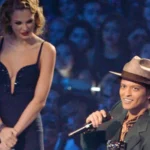







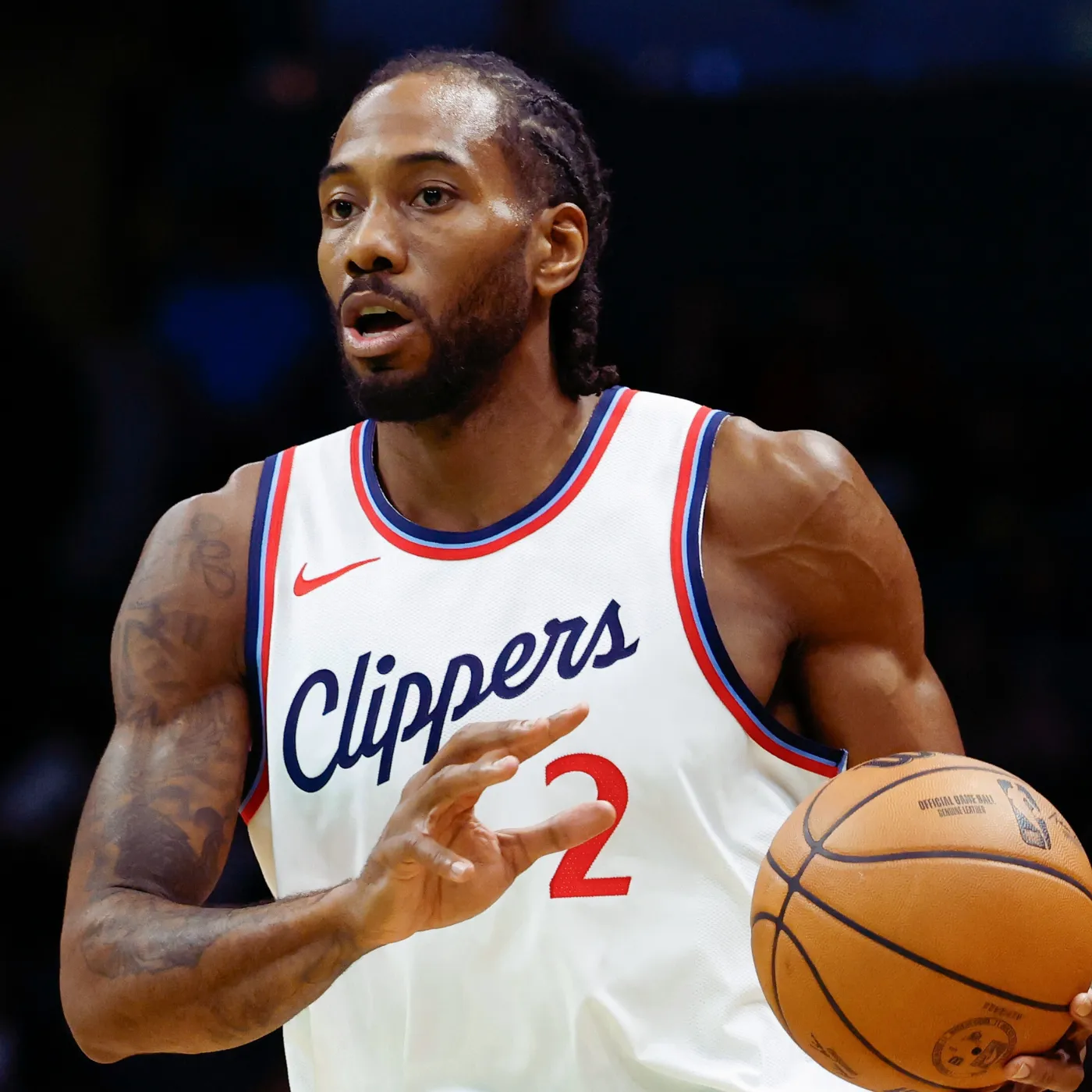
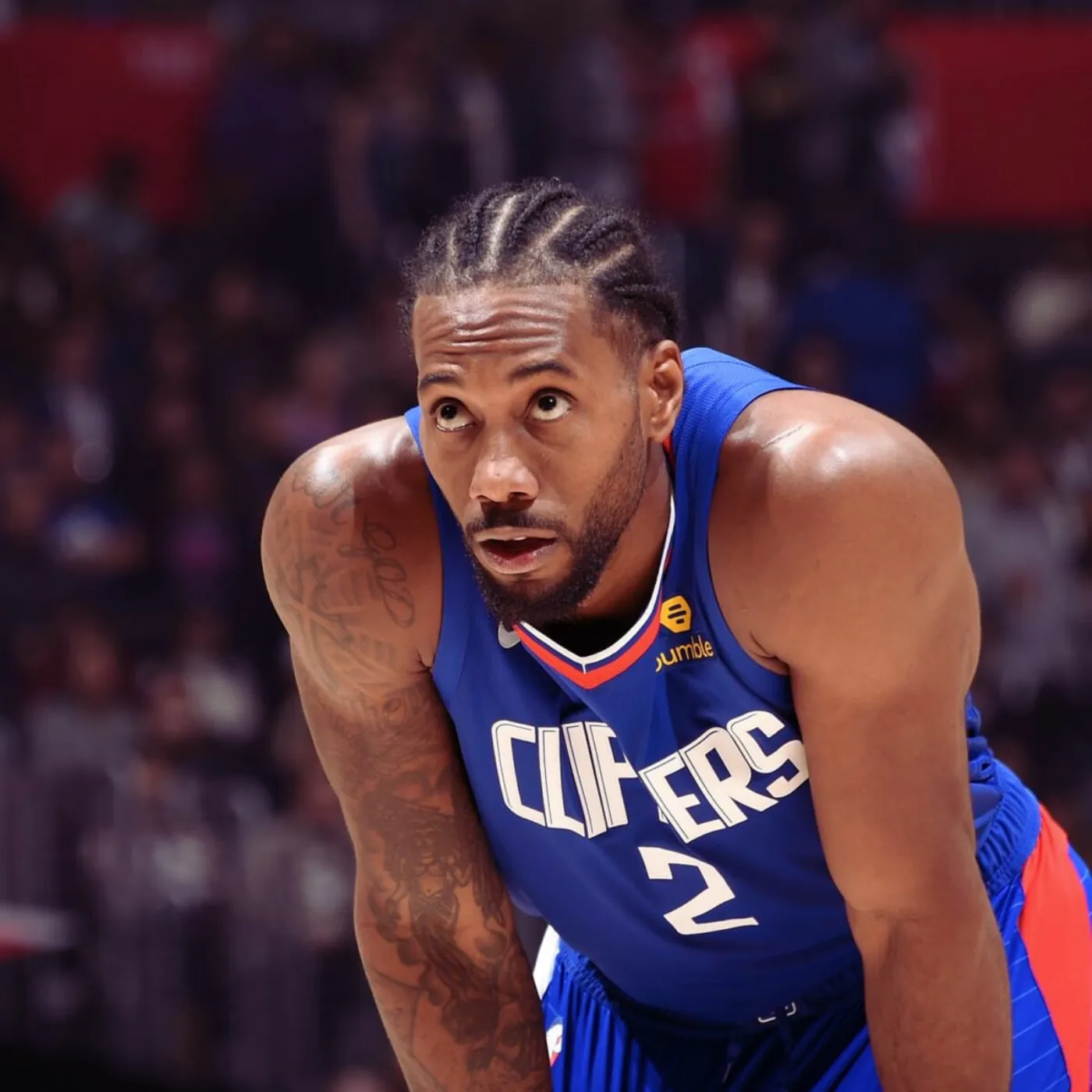
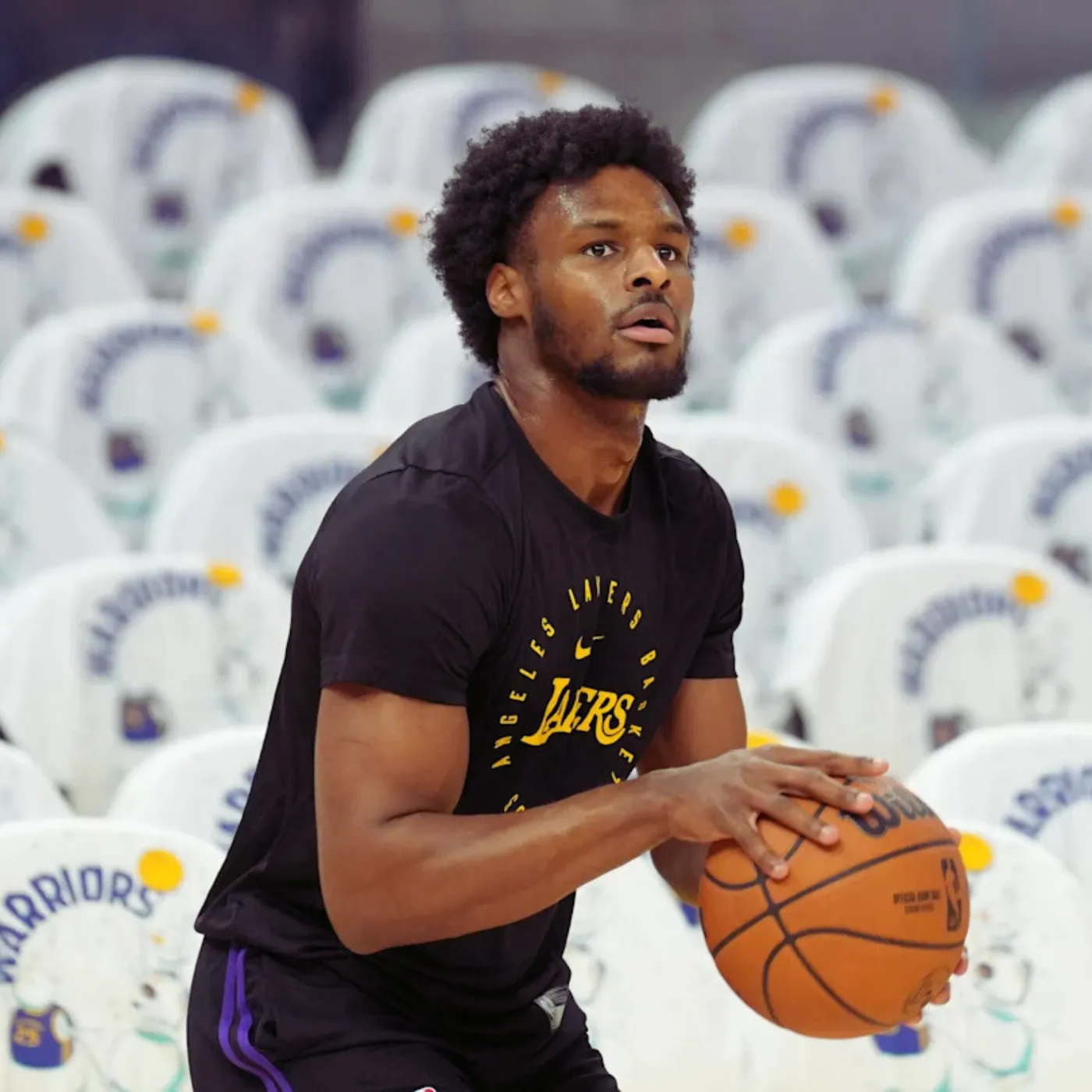
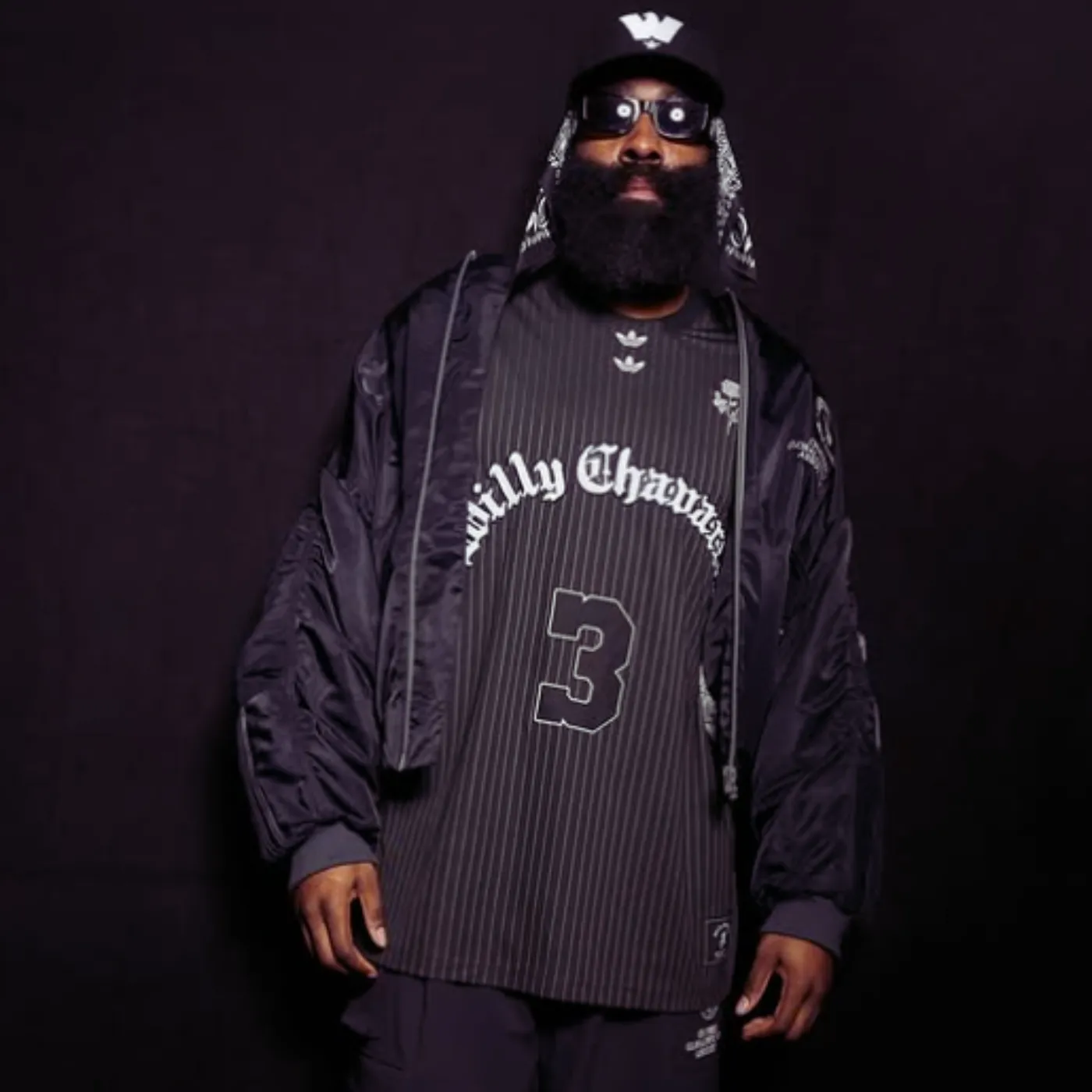








Post Comment